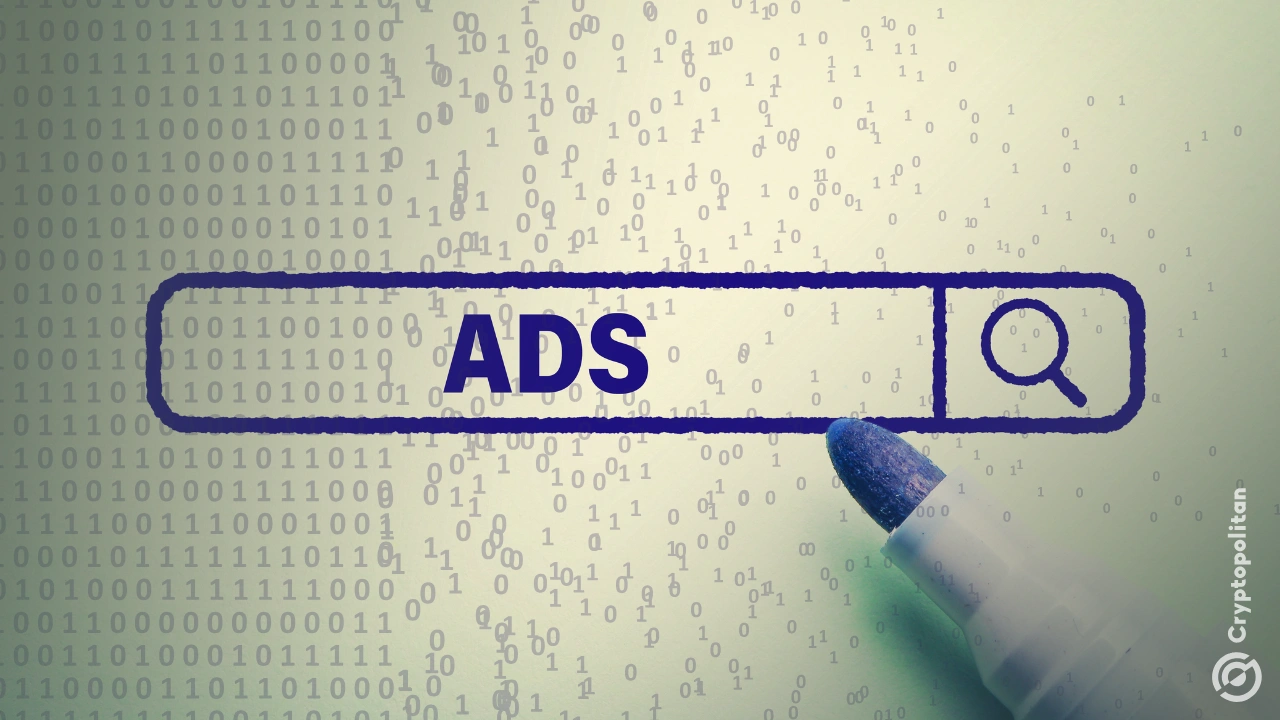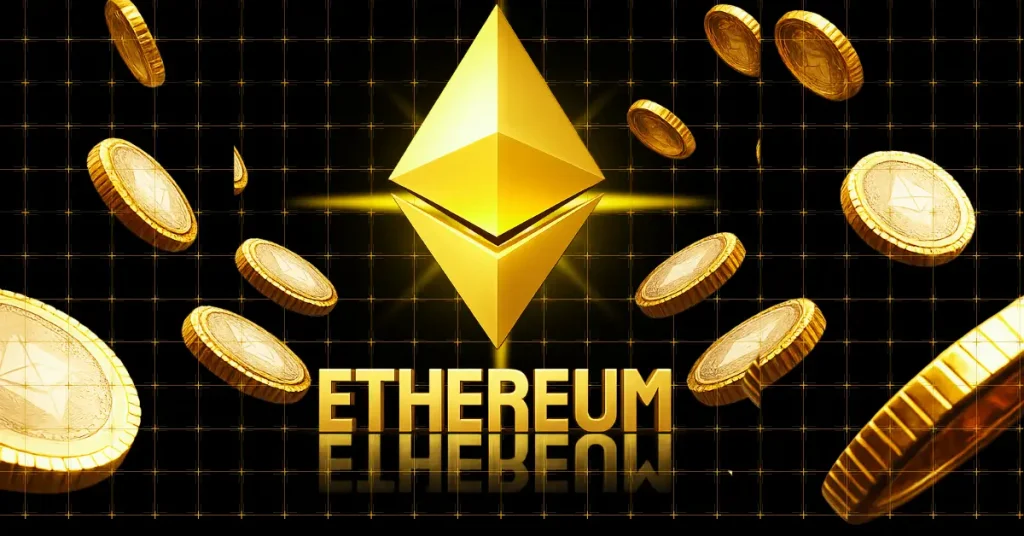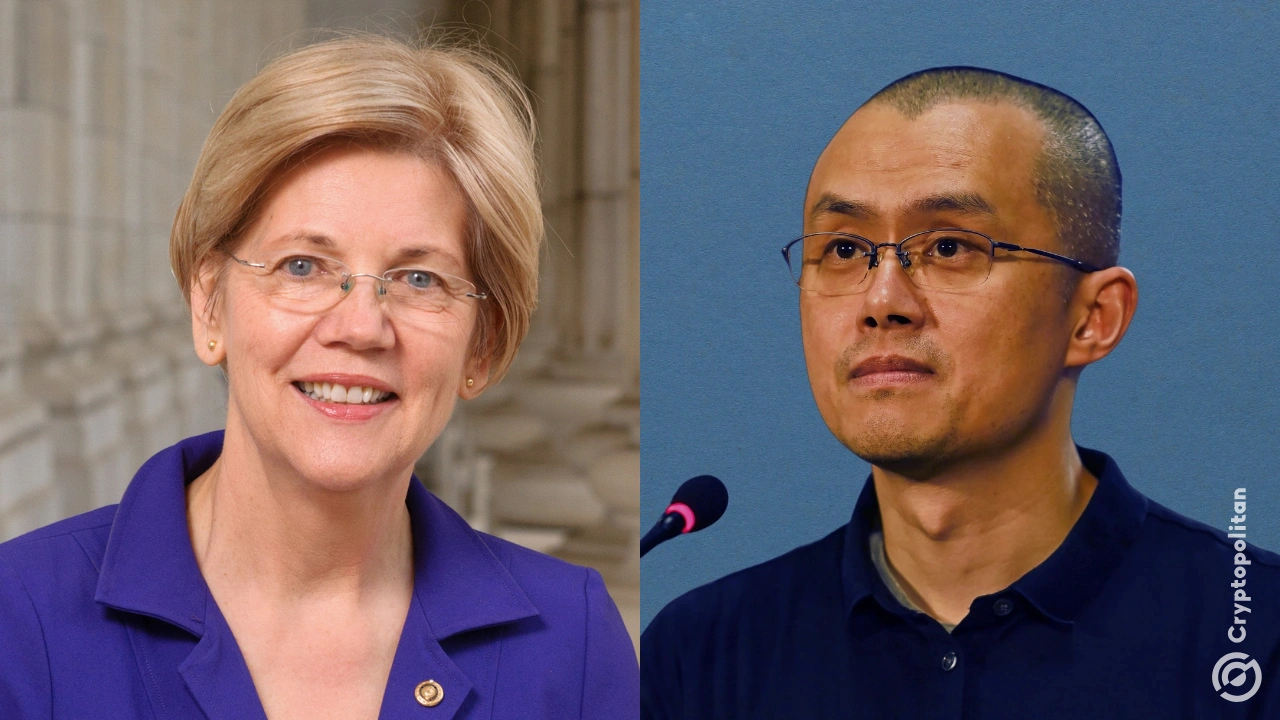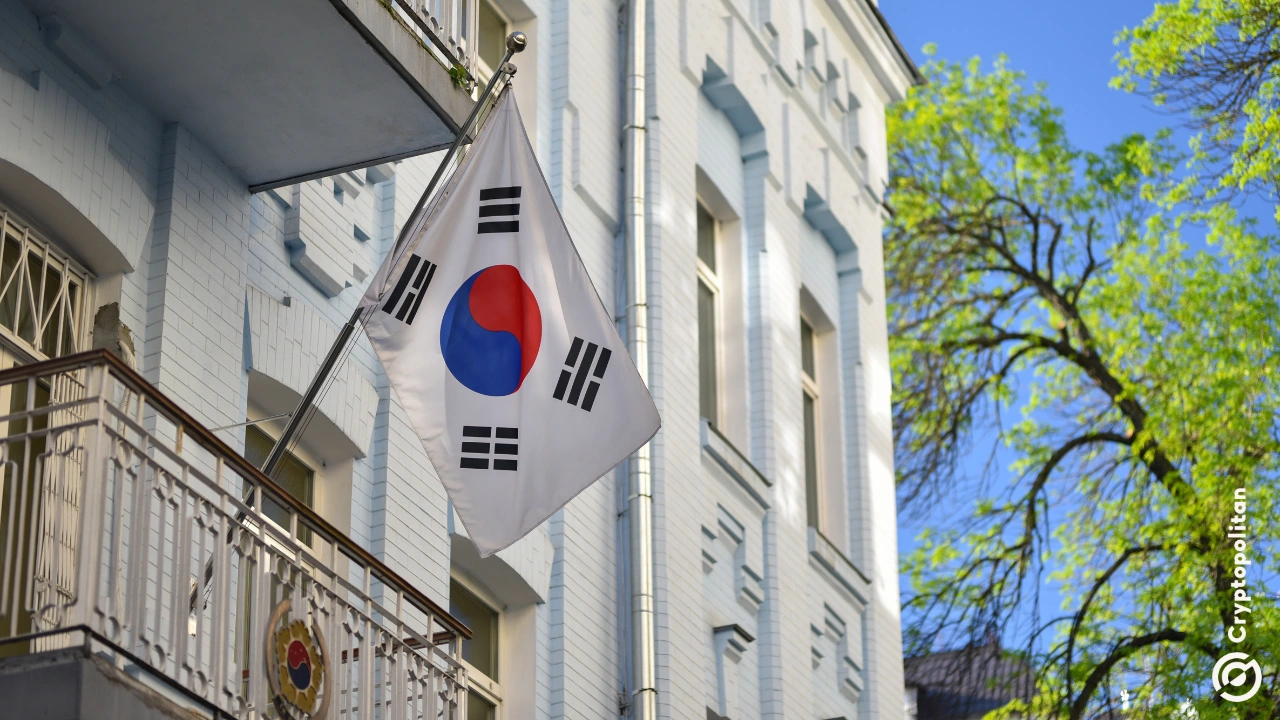Koah, a company focused on AI startups and developers, is bringing sponsored advertisements to AI tools and apps.
The company, which has raised $5 million, believes integrating ads into AI apps and tools is the best way for developers to monetize their work. Forerunner Ventures, a venture capital (VC) firm, supported Koah during its seed round, according to data from CrunchBase.
Koah wants to monetize vibe-coded AI apps
AI-generated ads are everywhere, but it’s rare to see ads when interacting with chatbots like ChatGPT or Perplexity. Of course, these companies are capable of building this feature on their own. However, Koah is capitalizing on third-party builders that create various apps and tools on top of large models like ChatGPT.
Koah is serving users who are not paying a monthly subscription for an AI model. The company is targeting AI apps with a demographic outside the United States, like in South America or Asia. Developers of such apps struggle to bring in revenue because it’s expensive to scale. Koah fills this gap and provides devs with an ad-based monetization model.
Vibe-coded apps could turn into revenue gushers when integrated with sponsored ads from platforms like Koah. This is similar to the early days of Google and social media apps, also known as Web 2.0.
Koah started integrating ads across AI apps such as Luzia, Liner, and DeepAI. The advertisements are from UpWork, General Medicine, and Skillshare. These ads are labeled as sponsored content by default. They are programmed to pop up during relevant user interactions. For example, a query about website design could trigger an UpWork ad offering freelance support.
GPT devs left waiting on revenue model
Early last year, OpenAI introduced the GPT Store. It’s a place for developers to create customized GPTs and share them with everyone. At the time of launching the GPT Store, OpenAI said, “Users have already created over 3 million custom versions of ChatGPT.” Today, the GPT Store is crowded with millions of customized GPTs.
However, the developers of those GPTs are struggling to generate revenue. OpenAI promised to provide a revenue-sharing model with the devs of third-party apps. OpenAI CEO Sam Altman said during DevDay in November 2023, “Revenue sharing is important to us. We’re going to pay people who build the most useful and the most-used GPTs a portion of our revenue.”
OpenAI started testing the revenue-sharing model and partnered with a selected group of US-based devs. The company announced the pilot phase in March of last year.
OpenAI made no new announcements regarding the progress or wider availability of its proposed revenue-sharing model. The feedback from the developer community has been filled with frustration due to the unknown progress of this proposal.
According to a report from The Information, the ChatGPT maker doubled its revenue this year, reaching $12 billion. Last month, Cryptopolitan reported that OpenAI raised $8.3 billion, valuing the company at $300 billion.
Even with the massive revenue and funds raised, OpenAI is still unprofitable. The tech giant is spending heavily on operations compared to its income. Last year, OpenAI spent $5 billion on operational costs. Based on internal estimates, it is expected to burn $8 billion this year.
Get up to $30,050 in trading rewards when you join Bybit today











